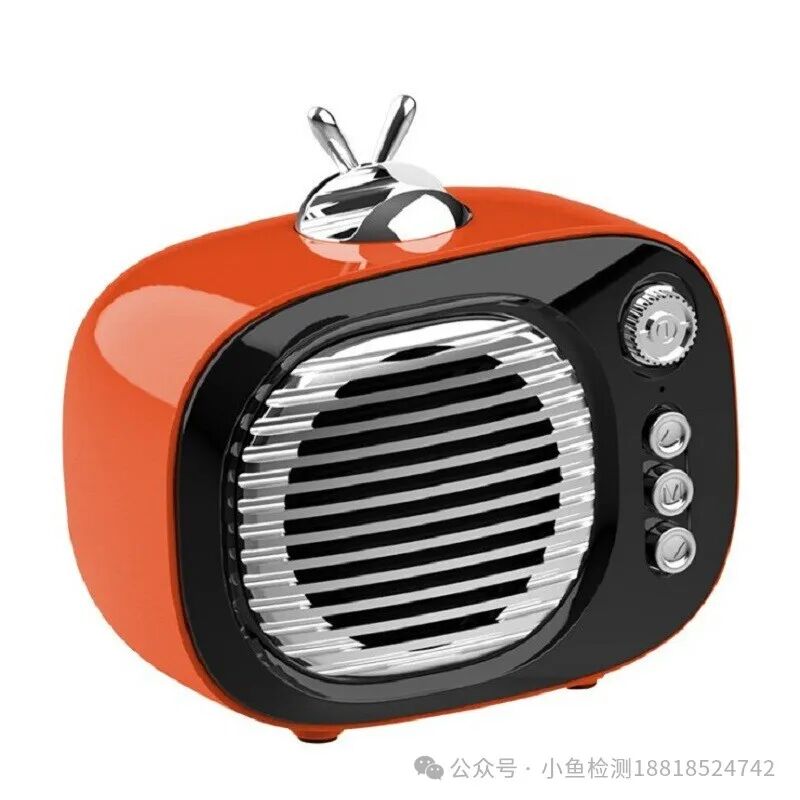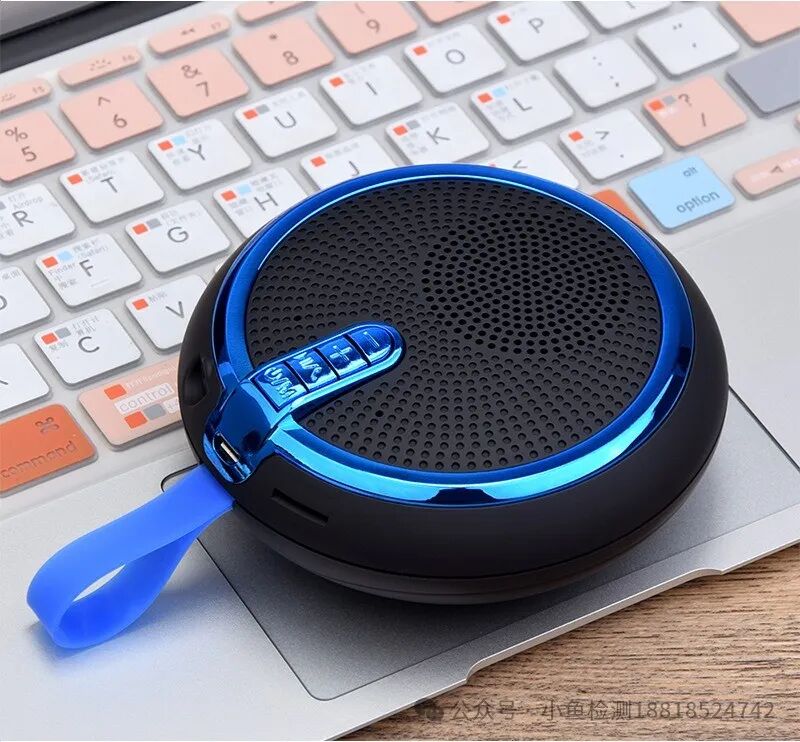FCC certification frequency range: Wireless Bluetooth speakers must operate within the frequency range specified by the Federal Communications Commission (FCC) to ensure that the product does not interfere with other communication devices and can achieve good connection quality.
Radiated Power: The FCC requires that the radiated power of wireless Bluetooth speakers during transmission does not exceed specified limits to protect user health and safety, preventing potential harm from radiation.
Electromagnetic Compatibility: Bluetooth speakers must have good electromagnetic compatibility, meaning they should not generate excessive electromagnetic interference during use, nor should they be affected by electromagnetic radiation from other electronic devices.

Safety: Products must comply with FCC safety requirements, including measures to prevent battery overheating, short circuits, and leakage.
UL Standard 1642: Lithium battery standard, ensuring the safety of lithium batteries used in Bluetooth speakers.
UL 60950 – 1: Safety standard for information technology equipment, applicable to Bluetooth speakers with characteristics similar to information technology devices, ensuring safety during normal use and potential failure conditions.
UL 62133: Safety requirements for portable sealed secondary batteries, specifying safety requirements for rechargeable batteries used in Bluetooth speakers.
UL 2054: Standards for household and commercial batteries, further regulating the safety performance of Bluetooth speaker batteries in different usage scenarios.
UL 1492: Standards for audio-video products and accessories, stipulating safety and performance aspects related to Bluetooth speakers as audio devices.

California Proposition 652: This regulation publishes and regulates a list of chemicals known to cause cancer, birth defects, or other reproductive harm. If Bluetooth speakers are to be sold in California, their plastic housings or other materials must not contain chemicals from this list, requiring verification through third-party laboratory testing. Common restricted substances include lead, cadmium, acetamide, chloroform, colchicine, phthalates, etc.
Packaging and Other Requirements: Product packaging may need to display relevant certification marks, product information, safety warnings, etc. Additionally, if sold through platforms like Amazon, it must meet the platform’s related regulations, such as possibly needing to provide UL test reports, even though UL certification is not mandatory for imports into the United States.